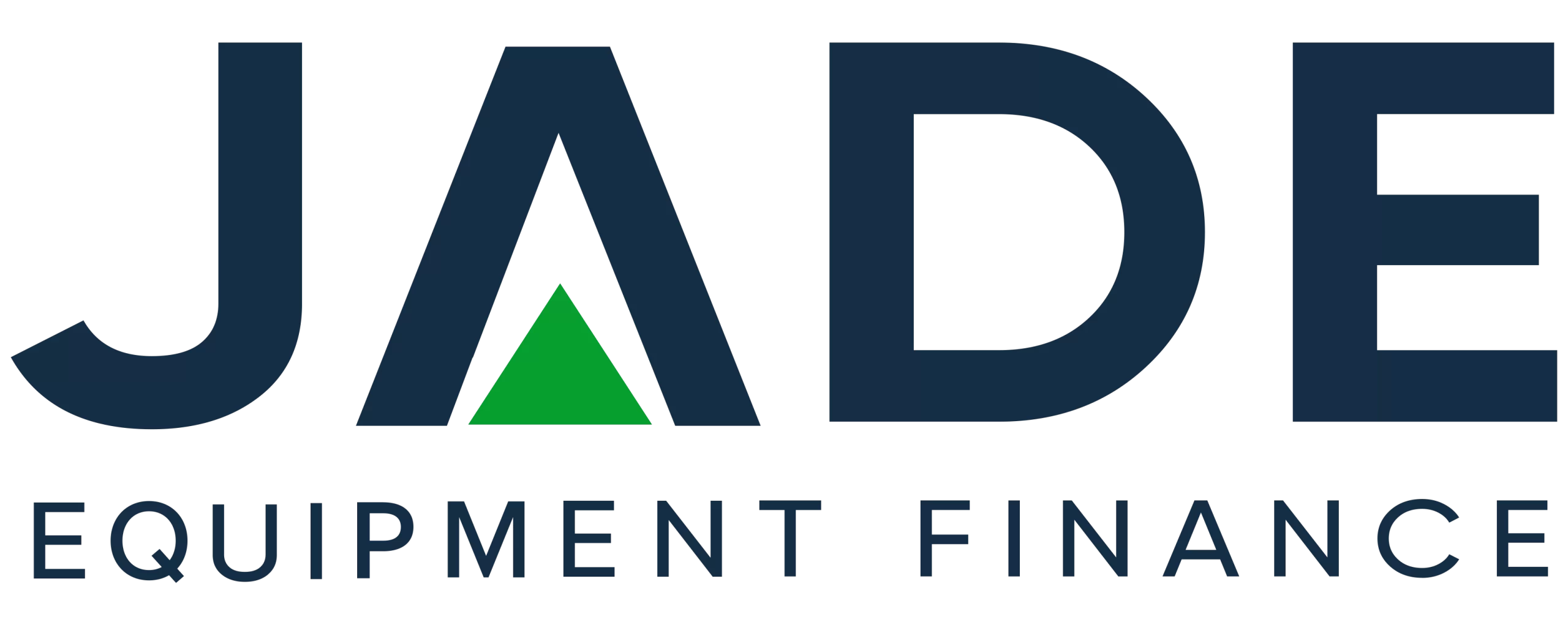Reducing operating costs to achieve improved efficiency and increase productivity is a key objective for many operators. Finding ways to cut outgoings without impacting on quality and other aspects of the operations can be challenging. So it's worth mentioning when a manufacturer launches a new product into the market with energy-efficient credentials as energy efficiency can play out into energy cost savings.
Volvo is the manufacturer under the spotlight and the new product we have noted is their energy-efficient excavator range – the Eco models of the EC250E and EC300E.
Volvo Energy-Efficient Excavators
Volvo CE has released two new energy-efficient excavators into the local market and a third model is expected later in the year. These two models are some of the smaller in the Volvo crawler excavator range but are packed with power and efficiency features as well as intelligent electro-hydraulics and ergonomic design.
Volvo EC 250E and EC 300 E have been designed to deliver reduced fuel consumption for operators while increasing productivity.
Key features that work to achieve these objectives include:-
- Automatic idling system which reduces engine speed during periods of inactive controls to reduce fuel consumption.
- G4 work mode added to the integrated system to allow operators to select the most fuel efficient mode for the specific task being undertaken. Modes include Idle, Fine, General, Heavy and Power.
- Fuel consumption in monetary terms is indicated by the eco-gauge to track consumption of fuel.
- When the machine is not in use, these excavators enact the automatic engine shutdown to reduce operating costs.
- ECO mode, a feature unique to Volvo, has the capability of optimising the hydraulic system by reducing flow and pressure loss to deliver improvements in fuel efficiency.
- Ergonomic design features which Volvo claim can increase operator productivity.
While fuel efficiency is a major feature of these new excavators, apparently accessibility and safety have also been improved with new right-hand side access set-up.
If saving fuel costs wherever you can without compromising other aspects of production and performance is of interest to you, then considering investing in these new Volvo excavators may deliver those cost reductions.
Reduce Costs with Cheaper Finance
To maximise the overall cost-effectiveness of new Volvo excavators, buyers will be looking to achieve the cheapest finance package for the acquisition. High interest rate finance deals can easily diminish savings realised by equipment efficiency features. You may save in one area only to pay over the odds in another with the net result in negative territory. Not the desired outcome.
Jade Equipment Finance focusses on achieving the cheapest interest rates on equipment finance offers for our customers and working with each customer to structure a cost-effective overall package.
Volvo Excavator Finance Options
Achieving a cost-effective finance deal starts with selecting the loan type that will deliver the optimum benefits to your business. The interest rate varies across the different types of loans available. So it may appear a simple decision to just choose the finance facility with the lowest interest rate. For some businesses that option may well be the most appropriate option. But for others, it may mean overlooking the cumulative benefits realised through the features of each loan type and the suitability of each loan type for the particular business.
At Jade Equipment Finance, our role as lender is to source, structure and secure our customers the best finance deals based on the briefing we receive. That is why we strongly recommend that businesses seeking finance refer to their own accountant for guidance on selection of finance facility.
For the acquisition of these energy-efficient Volvo excavators and all other excavator brands and models, Jade offers the full portfolio of finance facilities. We’ve detailed the features and benefits of each loan type in dedicated web pages, but here’s a quick recap of two of the most popular, Chattel Mortgage and Equipment Leasing.
- Chattel Mortgage or Equipment Loan as it is known by some lenders is suited to businesses that use the cash method of accounting. It is a very versatile loan type and used for the purchase of all types of business equipment. The ownership of the equipment is handed to the borrower at the time of purchase and settlement of the finance contract. By holding ownership, the borrower posts the equipment as an asset/liability into their business accounts. In doing so, the asset is eligible to be depreciated by the business in accordance with ATO rulings. The amount of the depreciation is a tax deduction. As this is the way a tax deduction is derived, only the interest portion of the repayments is tax deductible. GST on the purchase price (no GST applies to interest) is claimable on the BAS statement coinciding with the purchase period. So GST is not applied to repayments.
- Equipment Leasing is another very popular loan type and suits businesses that implement the accruals method of accounting. The lender retains ownership of the equipment and under the finance contract leases the equipment to the borrower. As the lender has ownership, the asset is posted into their accounts. The borrower does not have the equipment listed as an asset in their books. Under this form of finance, the lease payments are treated as a business operational expense and are tax deductible and GST is applied to the payments, excluding the interest portion.
To compare repayments on your equipment purchase for either Chattel Mortgage or Leasing, simply refer to our loan interest rate comparison chart. For a cost-effective solution for your excavator purchase, speak with one of our Jade consultants.
For a finance quote on energy-efficient Volvo excavators, contact Jade Equipment Finance on 1300 000 003 or online
DISCLAIMER: THE INFORMATION IN THIS ARTICLE IS PREPARED SOLELY FOR INFORMATION PURPOSES AND IS NOT INTENDED AS FINANCIAL ADVICE OR AS THE SOLE BASIS FOR MAKING FINANCIAL DECISIONS. THOSE REQUIRING ADVICE SHOULD CONSULT A FINANCIAL ADVISOR. NO LIABILITY IS ACCEPTED FOR ANY MISREPRESENTATIONS OF PRODUCTS, POLICIES AND INFORMATION OR ERRORS IN THE CONTENT AS REFERRED FROM OTHER SOURCES.


